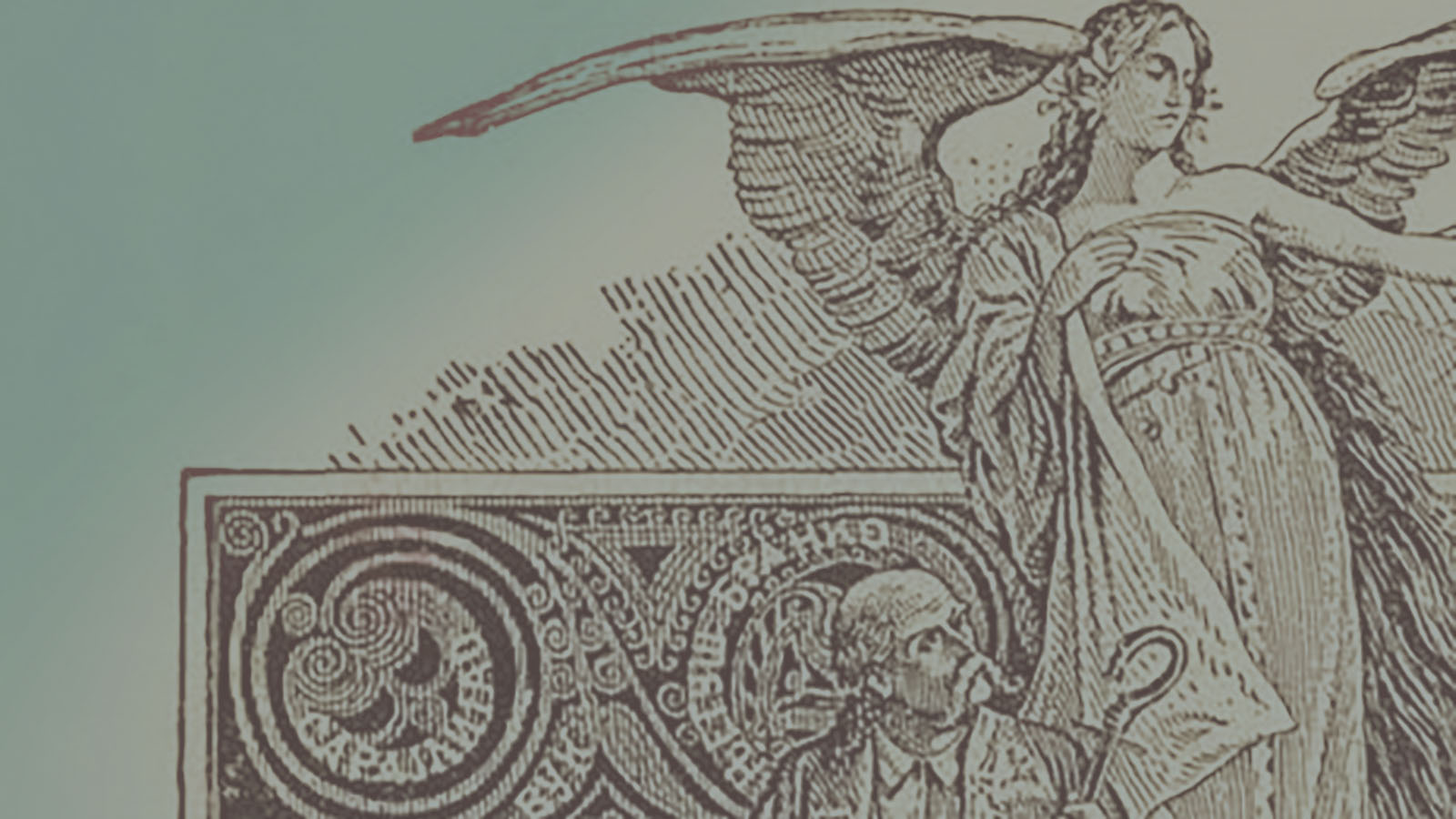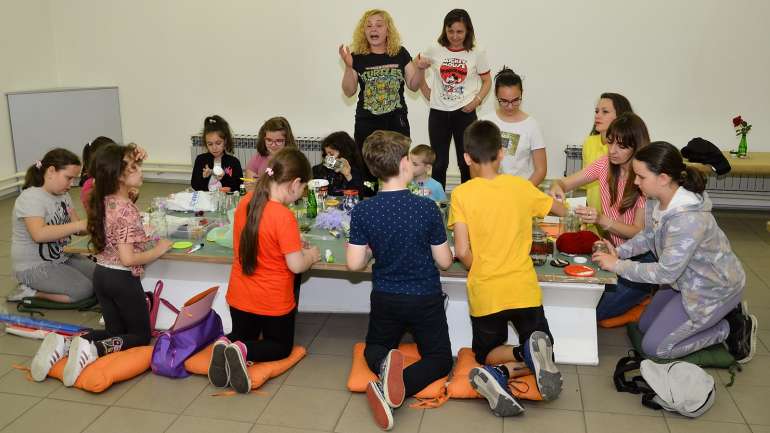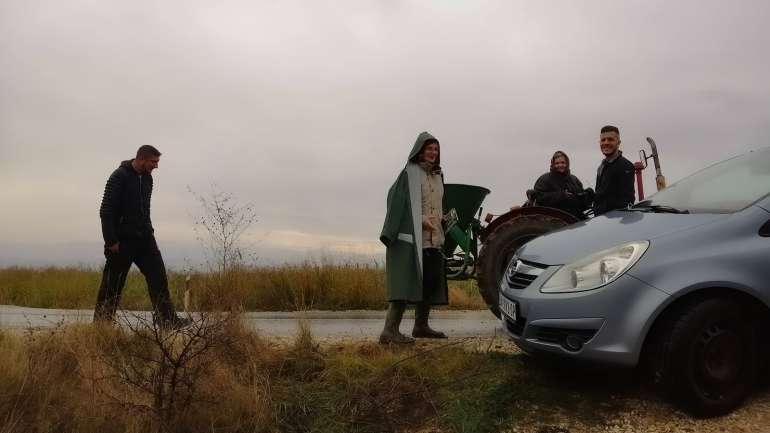By: Branislav Cvetković, museum advisor
The rich Collection of Old and Rare Books in our Museum abounds with interesting specimens that contain a lot of information, mostly unknown to scholars and the general public.
The subgroup of rare books contains two copies of the once popular and still very valuable publication Serbia. Description of the country, people and state, printed in Belgrade, in the Royal Serbian State Printing House in 1887. Its author was Prof. Vladimir Karić (1848-1894), a prominent and learned man of the time, geographer, pedagogue, publicist and diplomat, who as an official of the Ministry of Education and Church Affairs, due to good results in development of Serbian education in Old Serbia, was appointed in 1889 head of newly founded Education-political department of the Ministry, whose role was to spread Serbian influence and education threatened by actions of the Bulgarian Exarchy, and soon after he became the Serbian consul in Skopje. The book was richly illustrated with graphics by Prof. Vladislav Titelbach (1847-1925), a Czech by origin and acclaimed artist.
One copy of the book belonged to the personal library of Marko Đ. Đorđević (1879-1949), one of the wealthiest people from Jagodina, a prominent member of the Radical party and the son of banker Đorđe Đorđević (1851-1920), as well as the son-in-law of Mihajlo Kosovljanin (1862-1925), the boss of the Jagodina brewery. Already the cover reveals the owner of the book since on the lower part of the spine there is his name in gold print. On the cover page his signature Marko Đ. Đorđević gim. shows that he already owned the book as a high school student, while his second signature in Latin on the title page (Marko Gj. Gjorgjevits) testifies to the fact that he took it to Munich for his further education.
The second copy of Karić’s Serbia, although less well preserved, has a hard cover with a gold prints, several inscriptions and a dedication on the inside pages. On the cover page and the next page are notes of priest Krsto Kešeljević, once the owner of the book, while on the first page there is a ten-line note with a dedication: I present this book as a memory to my dear friend and brother in Christ, Mr. Krsto Kešeljević, priest of Grahovo. Abbot Dionisije Miković, Knight of the Order of St. Sava, Grahovo, 1904. The priest Kešeljević came from Vilusi near Nikšić, from an old brotherhood. He graduated from the Cetinje Theological and Teacher’s School and was the scribe of the Senate in Cetinje. He was appointed priest in Grahovo in 1878/9 where he remained as priest until 1924, when he moved to Belgrade (he is the great-grandfather of Jelena Tinska, ballerina and actress). He was a battalion priest in both the Balkan and World War I. Dionisije Đ. Miković (1861-1942) was a writer and monk, born in Čelobrdo in Paštrovići. He became a monk early because after his miraculous recovery, his parents dedicated him to the Church. He was a monk in Praskvica, Gradište, Duljevo and Banja monasteries. Due to his merits in educating young monks, he was made abbot in 1891 in the Cathedral Church of St. Nicholas in Kotor. Bogdan Krajišnik (1877-1902), an idealist burned in fight for the national idea, wrote inspiredly about abbot Dionisije in Bosanska villa No. 18 from 1898, another issue from our Museum collection.





